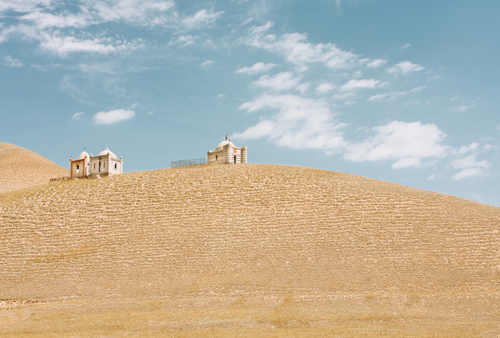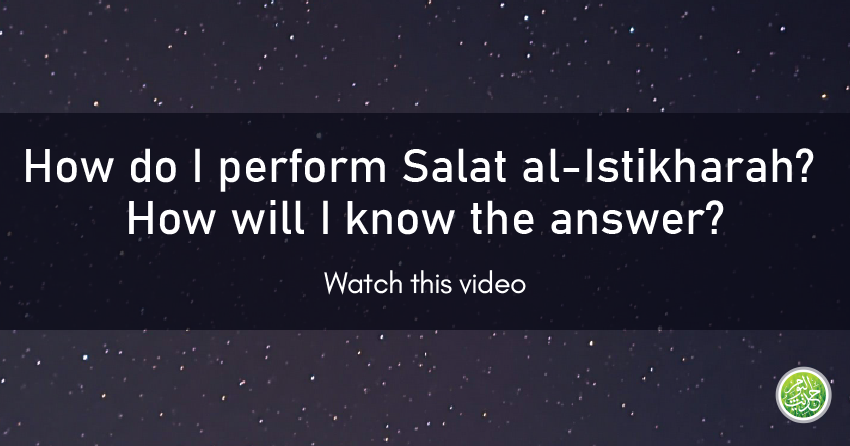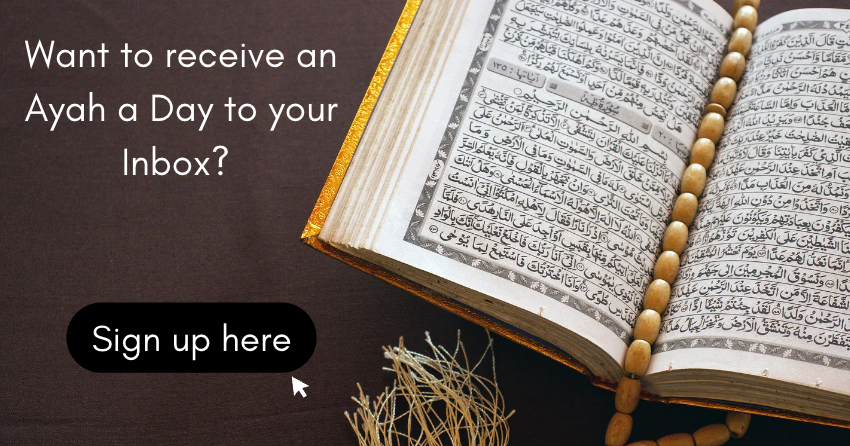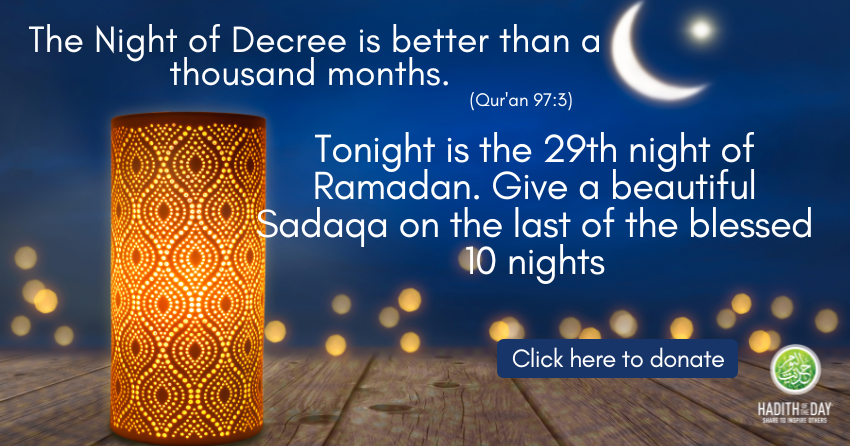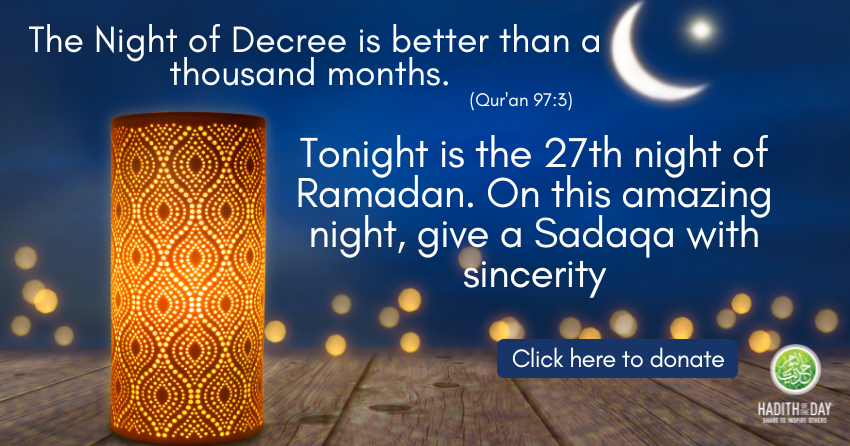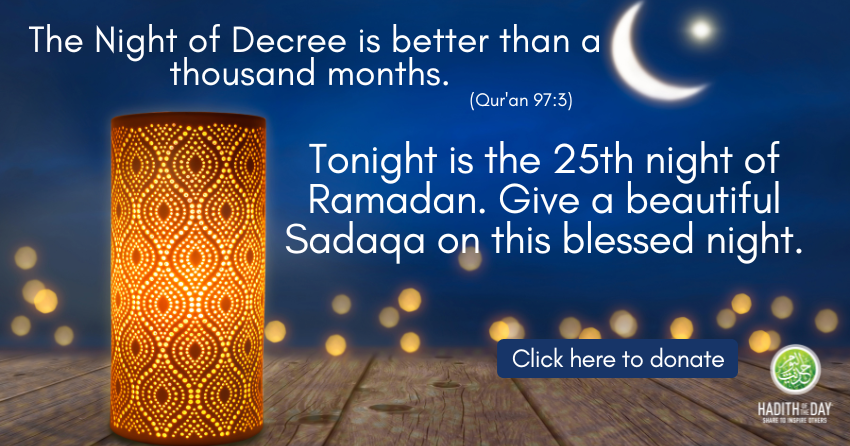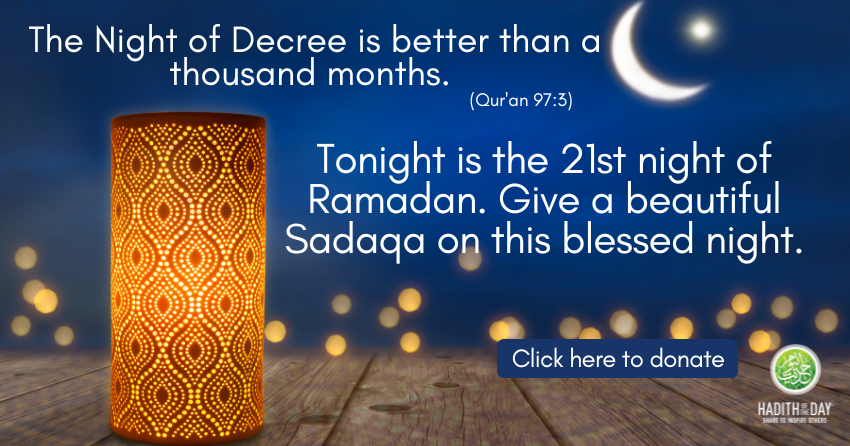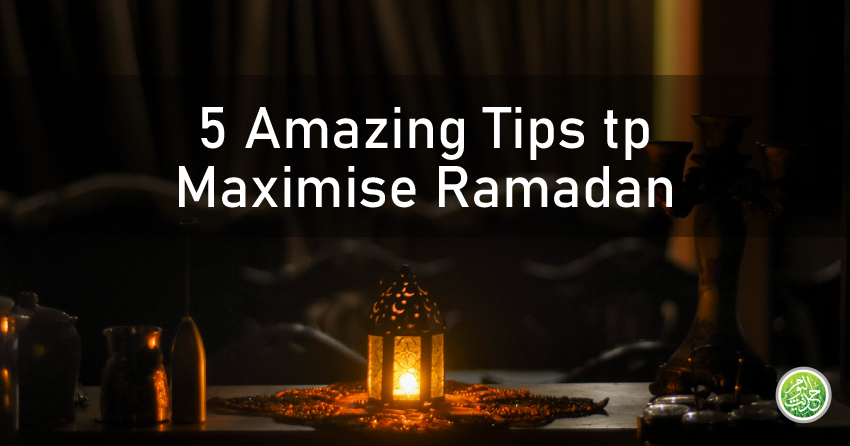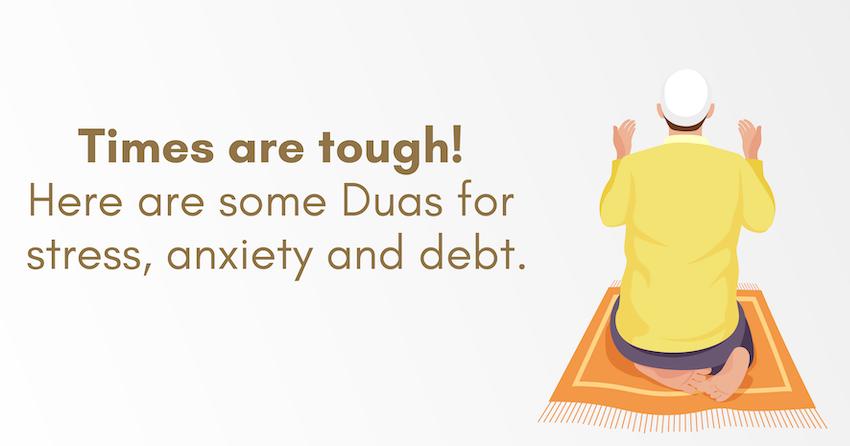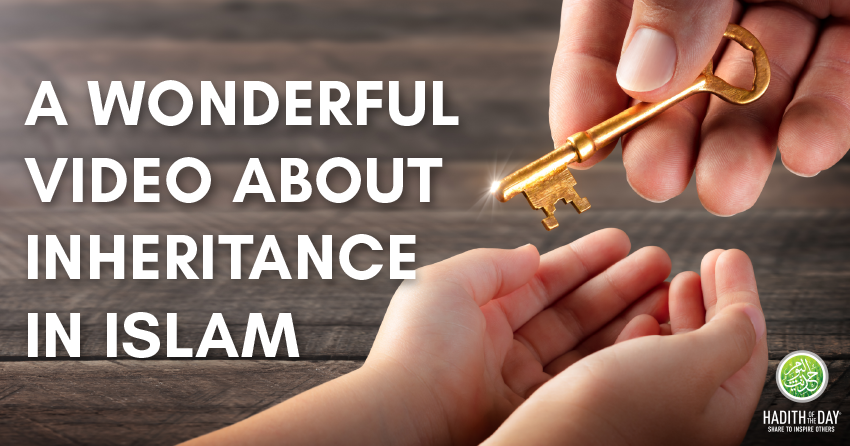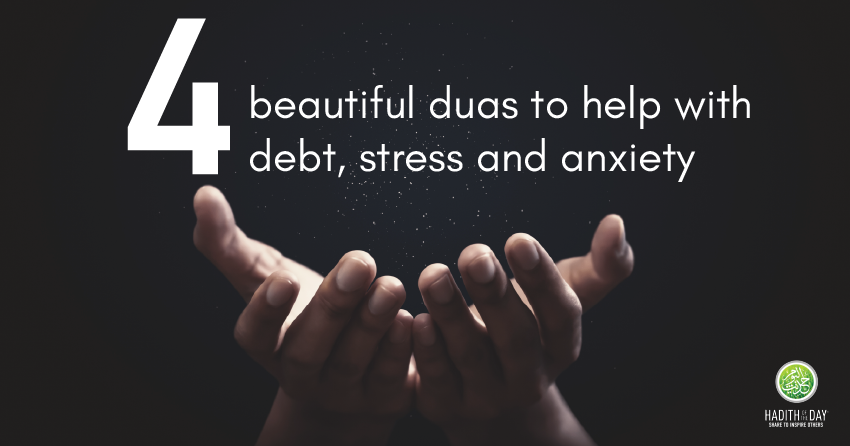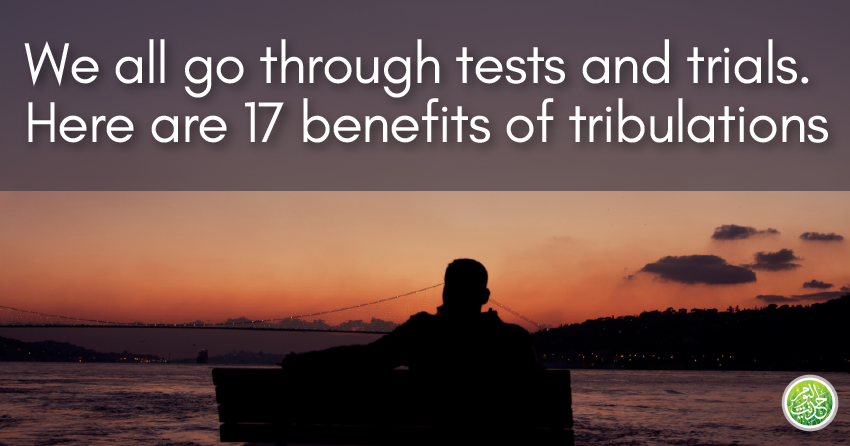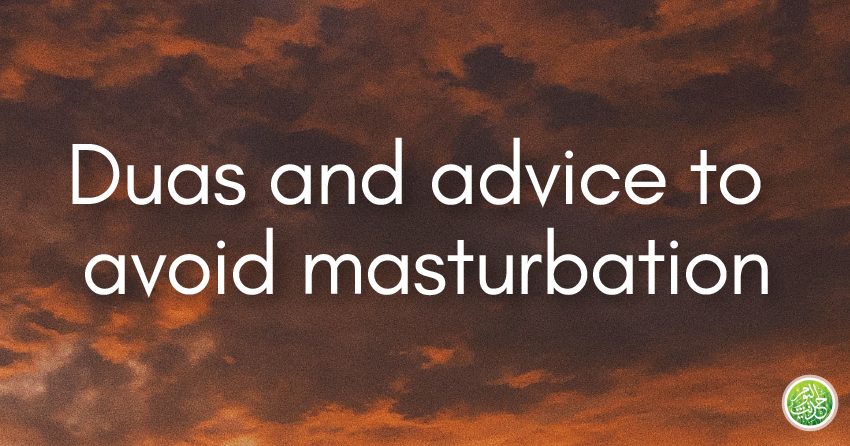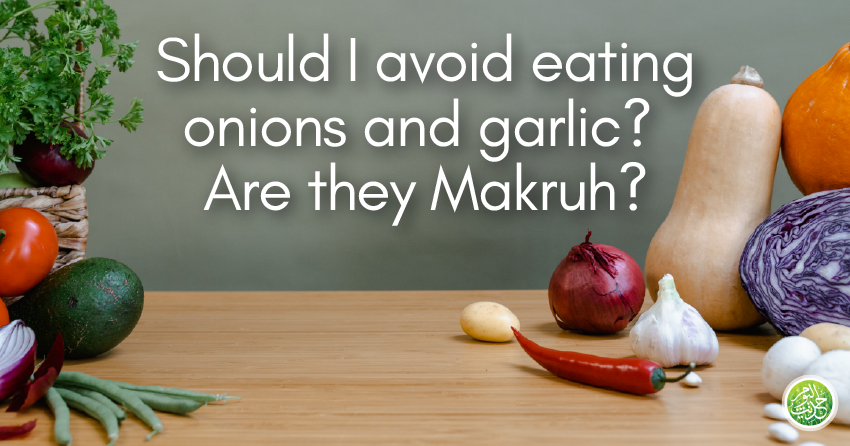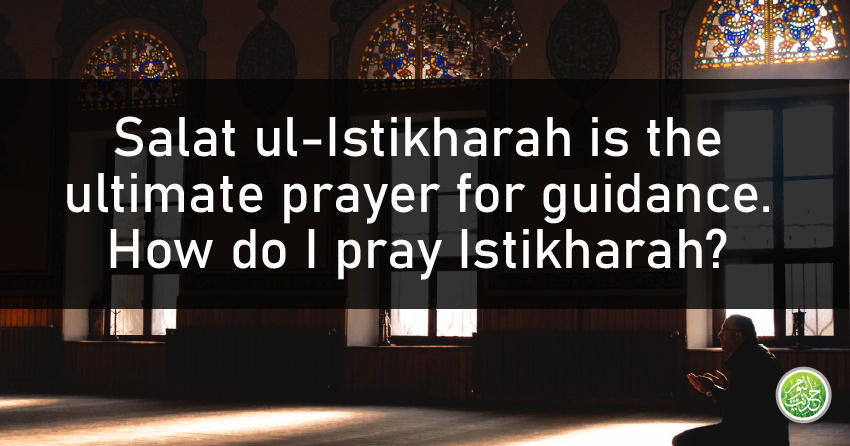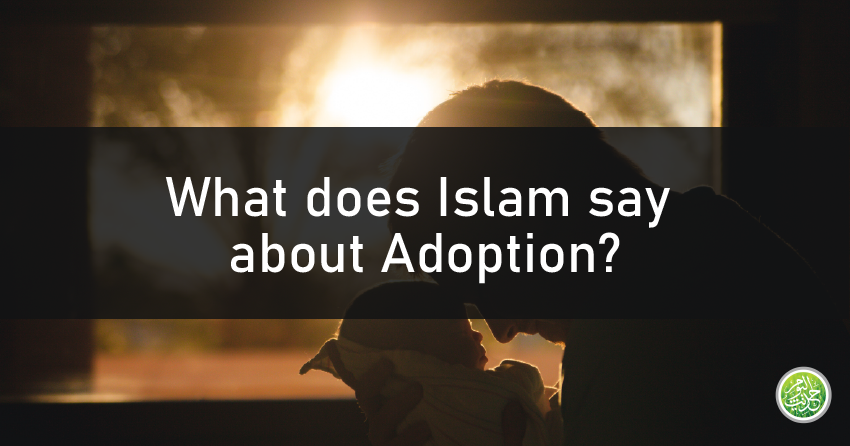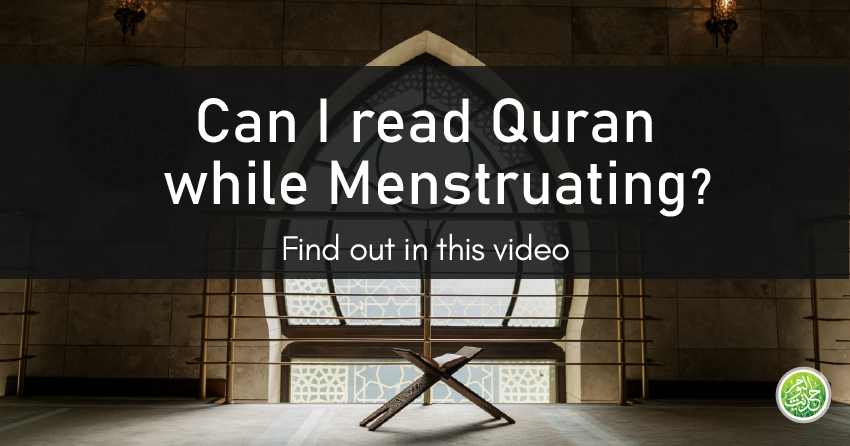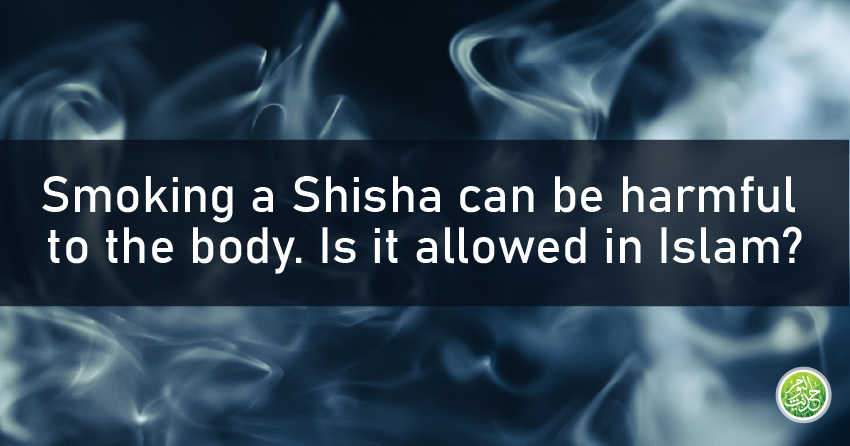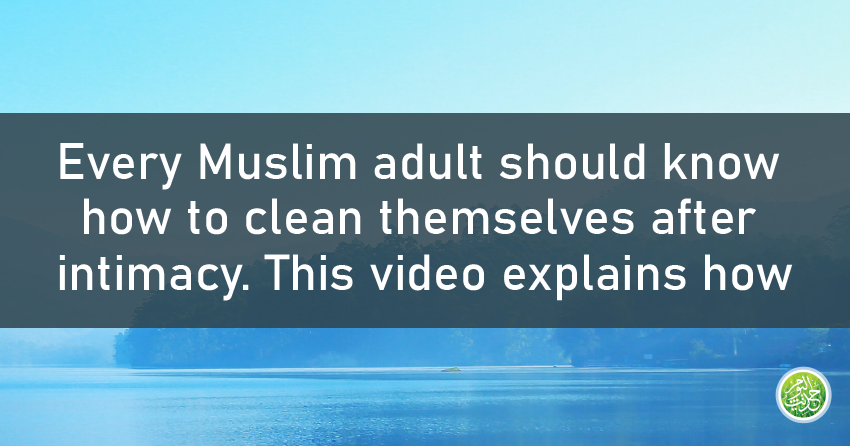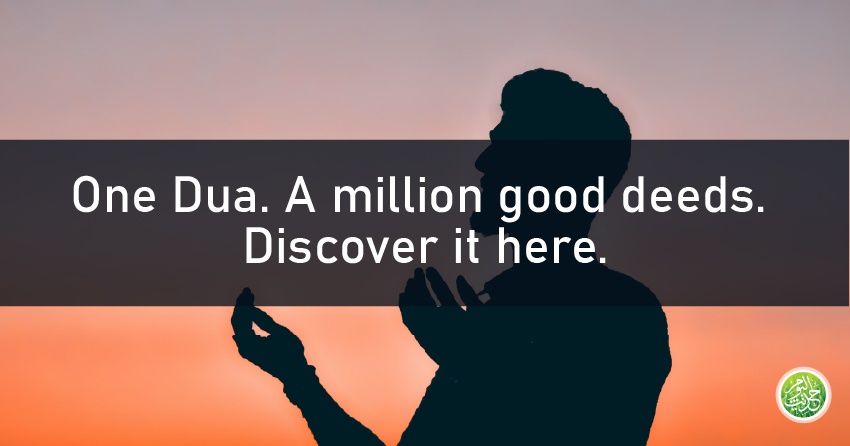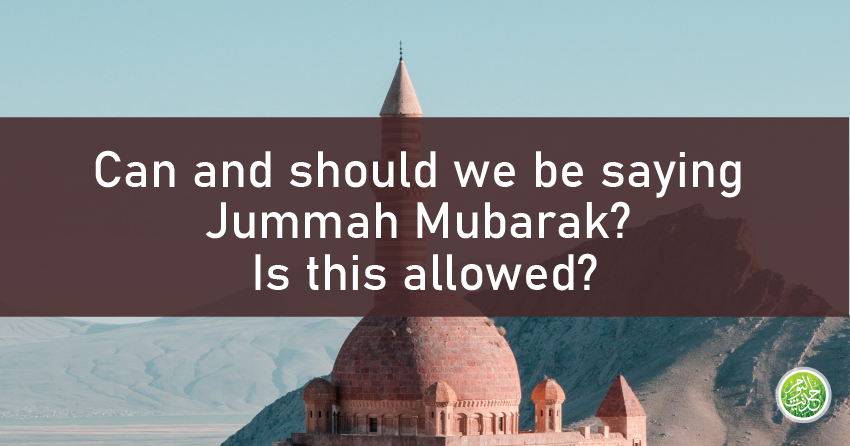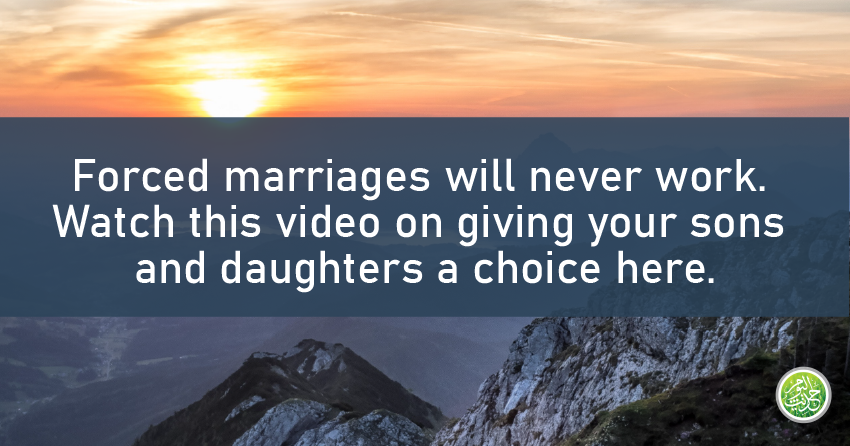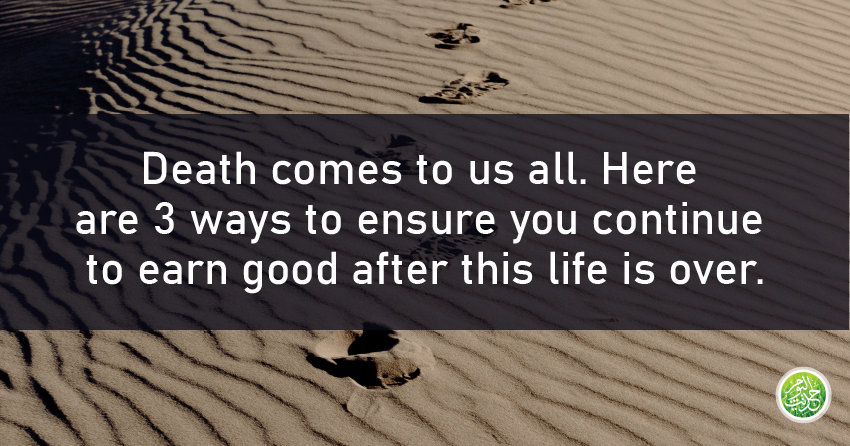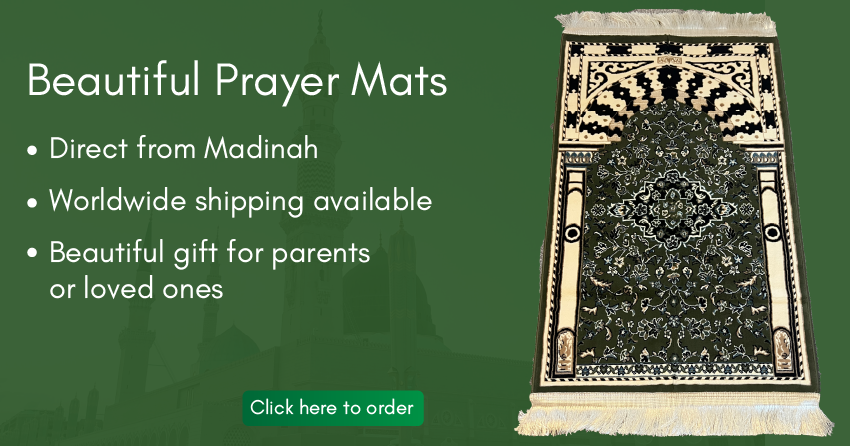Prophet Hud (AS)

And to Aad [We sent] their brother Hud. He said, “O my people, worship Allah; you have no deity other than Him. You are not but inventors [of falsehood]. (Qur’an 11:50)
AFTER NUH AS
Allah blessed the descendants of Nuh AS and they spread over the earth. One community from them was called Aad. They were the first after Nuh’s AS people to be mentioned in the Qur’an.
The Aad of the time of Prophet Hud AS are referred to as the “first of Aad”. They were the original Arabs and Semites, tracing their ancestry back to Nuh’s AS son Shem.
The Aad were a people of great power and wealth, who rule over a vast area in the southeastern part of the Arabian peninsula. Their centre of civilisation was between Yemen and Oman, however, their authority extended over a large area, from the coast of the Persian Gulf to the borders of present day Iraq.
It is believed that during the time of the Aad, their lands were well-watered, green, fertile and beautiful, adding to the splendour of their civilization. Their most valuable crop was frankincense, a precious and costly aromatic resin extracted from rare trees that grew in their area.
During their own time, the fame of the Aad spread far and wide because of their power and wealth – and afterwards, because of their destruction. They were often mentioned in Arabic poetry. In fact, it is reported that a man once came to Prophet Muhammad SAW and related to him certain details of the story of the Aad that had evidently passed down through oral tradition over the centuries.
The people of Aad were also known for their physical strength. Moreover, they were famed for their craftsmanship in stone masonry and building. They developed grand stone houses, palaces and temples with pillars. The splendour of their physique, civilization and architecture is reflected in the Qur’an.
And remember when He made you successors after the people of Noah and increased you in stature extensively. (Qur’an 7:69)
With Iram – who had lofty pillars, the likes of whom had never been created in the land? (Qur’an 89:7-8)
It may be hard for us to imagine such a highly-developed civilization flourishing in what is now a bleak region of sand and dunes, but it was. The Aadites were so powerful that it has been said that they were the super power of their time. But at the same time, they were extremely proud of their power and used it oppressively and unjustly.
As for Aad, they were arrogant upon the earth without right and said, “Who is greater than us in strength?” Did they not consider that Allah who created them was greater than them in strength? But they were rejecting Our signs. (Qur’an 41:15)
During the long interval that passed since Nuh’s AS time, the memory of the Flood had remained keenly alive, among the people of the area, for their own forefathers had been the chief actors in that drama. Nevertheless, despite this, its people had lost all traces of the God-centred faith of their predecessors. The beliefs and practices that Nuh AS had taught had been all but forgotten.
To them, Allah was unquestionably the Creator. However, they conceived of Him as an impersonal deity, too remote to have anything to do with the affairs of human beings. Consequently, in His Place they had set up and worshipped various other deities, each of whom had a special role or function. Unfortunately, the fabricated religion of these gods encouraged the Aad to be proud, cruel, unjust and tyrannical.
Then, in keeping with His divine plan, Allah Almighty, appointed Hud AS to call to his people to Him and to warn them of His punishment.
The 11th surah in the Qur’an is named for Hud AS and he is mentioned by name seven times in the Qur’an, and his people the Aad, are mentioned sixteen additional times as an example of a community doomed itself by its refusal to turn back to Allah.
HUD CALLS TO HIS PEOPLE
As with Nuh AS and many other prophets, Hud’s AS story opens when he calls his people, who were so gravely abusing the power and wealth they had been granted, to their Lord.
And to Aad [We sent] their brother Hud. He said, “O my people, worship Allah; you have no deity other than Him. You are not but inventors [of falsehood]. (Qur’an 11:50)
Like the people of Nuh AS, the Aadites reacted with contempt and put Hud AS down with insults and taunts.
Said the eminent ones who disbelieved among his people, “Indeed, we see you in foolishness, and indeed, we think you are of the liars.” (Qur’an 7:66)
Hud AS replied,
“O my people, there is not foolishness in me, but I am a messenger from the Lord of the worlds. I convey to you the messages of my Lord, and I am to you a trustworthy adviser.” (Qur’an 7:67-68)
Hud AS pleaded to his people over and over again.
“Will you not fear Allah? Indeed, I am to you a trustworthy messenger. (Qur’an 26:124-126)
Then do you wonder that there has come to you a reminder from your Lord through a man from among you, that he may warn you? And remember when He made you successors after the people of Noah and increased you in stature extensively. So remember the favors of Allah that you might succeed. (Qur’an 7:69)
The chiefs of Aad responded with a course of opposition and enmity against Hud AS, undermining any influence he might have on their society. In spite of being familiar with the account of the Flood, they were unwilling to acknowledge the similarities between their situation and that of Nuh’s AS. They refused to consider giving up their false religion, with all the advantages it gave them. They put Hud AS down with every argument, logical or illogical, they could think of to defeat and humiliate him.
Their prophet continued to proclaim his Lord’s message as the inspirations came to his pure, receptive heart.
They replied scornfully,
“O Hud, you have not brought us clear evidence, and we are not ones to leave our gods on your say-so. Nor are we believers in you. We only say that some of our gods have possessed you with evil.” (Qur’an 11:53-54)
Appalled at their suggestion that their imaginary deities might have power over his mind or anything else in existence, Hud AS took a decisive stand and declared,
“Indeed, I call Allah to witness, and witness [yourselves] that I am free from whatever you associate with Allah other than Him. So plot against me all together; then do not give me respite. Indeed, I have relied upon Allah , my Lord and your Lord. There is no creature but that He holds its forelock. Indeed, my Lord is on a path [that is] straight.” (Qur’an 11:54-56)
He added,
“I have already conveyed that with which I was sent to you. My Lord will give succession to a people other than you, and you will not harm Him at all. Indeed my Lord is, over all things, Guardian.” (Qur’an 11:57)
The Aad continued to deny and oppose Hud AS, arrogantly rejecting the guidance that Allah was sending them. Hud AS preached patiently. He tried every possible way of reaching to the hearts of his people, warning them of the punishment was certain to come upon them if they continued to deny their Creator.
And O my people, ask forgiveness of your Lord and then repent to Him. He will send [rain from] the sky upon you in showers and increase you in strength [added] to your strength. And do not turn away, [being] criminals.” (Qur’an 11:52)
Indeed, I fear for you the punishment of a terrible day.” (Qur’an 26:135)
The unbelievers replied coldly, full of pride, challenging Allah himself.
“It is all the same to us whether you advise or are not of the advisors. This is not but the custom of the former peoples, and we are not to be punished.” (Qur’an 26:136-138)
“Who is greater than us in strength?” (Qur’an 41:15)
Eventually, a few thinking, feeling individuals among Hud’s AS people accepted their prophet’s Message and joined him. We have not been told how many these were. Their existence is mentioned in the Qur’an:
And when Our command came, We saved Hud and those who believed with him, by mercy from Us; and We saved them from a harsh punishment. (Qur’an 11:58)
DROUGHT
Hud AS and his people waited for Allah’s promise. After some time, Allah sent a severe drought upon the Aad to arouse them from their indifference to His warnings.
It is said that Allah withheld rain from them for three years and they began to suffer because of it. Their green, fertile land, well-watered with canals, was becoming dead and dry, gradually turning into a wasteland, scorched by the sun.
All the while Hud AS had continued to preach and warn, hoping his people might take heed. But they continued to refute him with all kinds of arguments and excuses.
“Have you come to us that we should worship Allah alone and leave what our fathers have worshipped? Then bring us what you promise us, if you should be of the truthful.” (Qur’an 7:70)
Hud AS retorted,
“Already have defilement and anger fallen upon you from your Lord. Do you dispute with me concerning [mere] names you have named them, you and your fathers, for which Allah has not sent down any authority? Then wait; indeed, I am with you among those who wait.” (Qur’an 7:71)
He said,
“Do not worship except Allah. Indeed, I fear for you the punishment of a terrible day.” (Qur’an 46:21)
His people demanded and repeated shamelessly,
“Have you come to delude us away from our gods? Then bring us what you promise us, if you should be of the truthful.” (Qur’an 46:22)
Hud AS simply replied,
Knowledge [of its time] is only with Allah, and I convey to you that with which I was sent; but I see you [to be] a people behaving ignorantly.” (Qur’an 46:23)
His words meant that they were neither intelligent nor wise to understand the command is for Allah who can send them punishment when and how He wills, nor could they read the obvious signs of His anger in the terrible drought which was draining them of their fertile, productive land.
As the drought continued, so did the suffering of the Aad.
THE CLOUD
Allah the most High then sent a cloud. Seeing the approaching cloud, the Aadites rejoiced, saying,
“This is a cloud bringing us rain!” (Qur’an 46:24)
Little did they imagine that it contained the doom that they had earlier challenged their prophet to hasten by their taunting words.
Then, from that cloud, Allah sent against the Aad a violent deadly wind, described in words that strike a chord of fear in our hearts:
Rather, it is that for which you were impatient: a wind, within it a painful punishment, destroying everything by command of its Lord. And they became so that nothing was seen [of them] except their dwellings. Thus do We recompense the criminal people. (Qur’an 46:24-25)
Indeed, We sent upon them a screaming wind on a day of continuous misfortune, extracting the people as if they were trunks of palm trees uprooted. And how [severe] were My punishment and warning. (Qur’an 54:18-21)
And as for Aad, they were destroyed by a screaming, violent wind which Allah imposed upon them for seven nights and eight days in succession, so you would see the people therein fallen as if they were hollow trunks of palm trees. (Qur’an 69:6-7)
Throughout those terrible days and nights, the wind howled and hammered at the Aadite communities, snatching the people out of their well-constructed dwellings and smashing everything in its path. The wind produced such a complete destruction that:
It left nothing of what it came upon but that it made it like disintegrated ruins. (Qur’an 51:42)
The Aad had been completely destroyed.
Destroying everything by command of its Lord. And they became so that nothing was seen [of them] except their dwellings. (Qur’an 46:25)
All those fine homes and magnificent columned palaces and temples that had been their pride and delight were destroyed and could not defend and protect them against Allah’s punishment.
The Aadites had acted like blind, deaf people, denying the Giver of these favours, using them to oppress others, striving against their Lord’s signs and revelations, rejecting his prophet.
And [We destroyed] Aad and Thamud, and it has become clear to you from their [ruined] dwellings. And Satan had made pleasing to them their deeds and averted them from the path, and they were endowed with perception. (Qur’an 29:38)
And We had certainly established them in such as We have not established you, and We made for them hearing and vision and hearts. But their hearing and vision and hearts availed them not from anything [of the punishment] when they were [continually] rejecting the signs of Allah; and they were enveloped by what they used to ridicule. (Qur’an 46:26)
But what happened to Hud AS and the believers? It is said that they went into an enclosed space, where nothing of the wind reached them except what was gentle to their bodies and pleasing to their souls. And Allah says,
So We saved him and those with him by mercy from Us. And We eliminated those who denied Our signs, and they were not [at all] believers. (Qur’an 7:72)
And when Our command came, We saved Hud and those who believed with him, by mercy from Us; and We saved them from a harsh punishment. And that was Aad, who rejected the signs of their Lord and disobeyed His messengers and followed the order of every obstinate tyrant. And they were [therefore] followed in this world with a curse and [as well] on the Day of Resurrection. Unquestionably, Aad denied their Lord; then away with Aad, the people of Hud. (Qur’an 11:58-60)
Hud AS and the believers are said to have migrated to the Hadramaut valleys and lived in peace, worshipping their Lord, Allah. It is said that Hud AS lived for 150 years and that his grave can be found in a place called Mukalla in southern Arabia.
May Allah’s peace and blessings be upon Hud AS, the prophet of the Aad.
Acknowledgement: Most of the information for this work has been obtained from:
“A History of the Prophets of Islam”, Volume I, by Suzanne Haneef
“Stories of the Prophets”, by Ibn Kathir (Translation by Rashad Ahmad Azami)
NEXT: PROPHET SALEH (AS)
And to Thamud [We sent] their brother Saleh. He said, “O my people, worship Allah; you have no deity other than Him. He has produced you from the earth and settled you in it, so ask forgiveness of Him and then repent to Him. Indeed, my Lord is near and responsive.” (Qur’an 11:61)
Since You’re Here… we have a small favour to ask.
In these extraordinary times, millions rely on HOTD for daily uplifting & inspiring content. Established since 2009 and with your kind support we’ve seen readers elevate their Imaan & strive for better on a daily basis. We’re committed to keeping our content freely available and open for all readers. Every contribution, however big or small, makes a difference and help us spread knowledge to millions daily
HOTD is something special, it’s a place where people can come to be inspired, to renew their faith, to learn and share knowledge, to fall in love with our faith and also our Prophet (peace and blessings be upon him and his family).
All content on HOTD is free. We believe what we do in this life builds for the next one and we work tirelessly with the aim to please Allah and inspire the global Muslim community as
well as providing information and inspiration for anyone interested in Islam. We simply cannot do this without your support and your support helps us continue our services.
If there were ever a time to join us, it is now. You can support HOTD and help sustain our future. Support Hadith of the Day and make a one-off donation or give regularly from as little as £10 a month Jazak’Allah Khayr – whatever you donate will come back to benefit you Insha’Allah as whatever is spent in the way of Allah is an investment in the future and the next life. Thank you.




